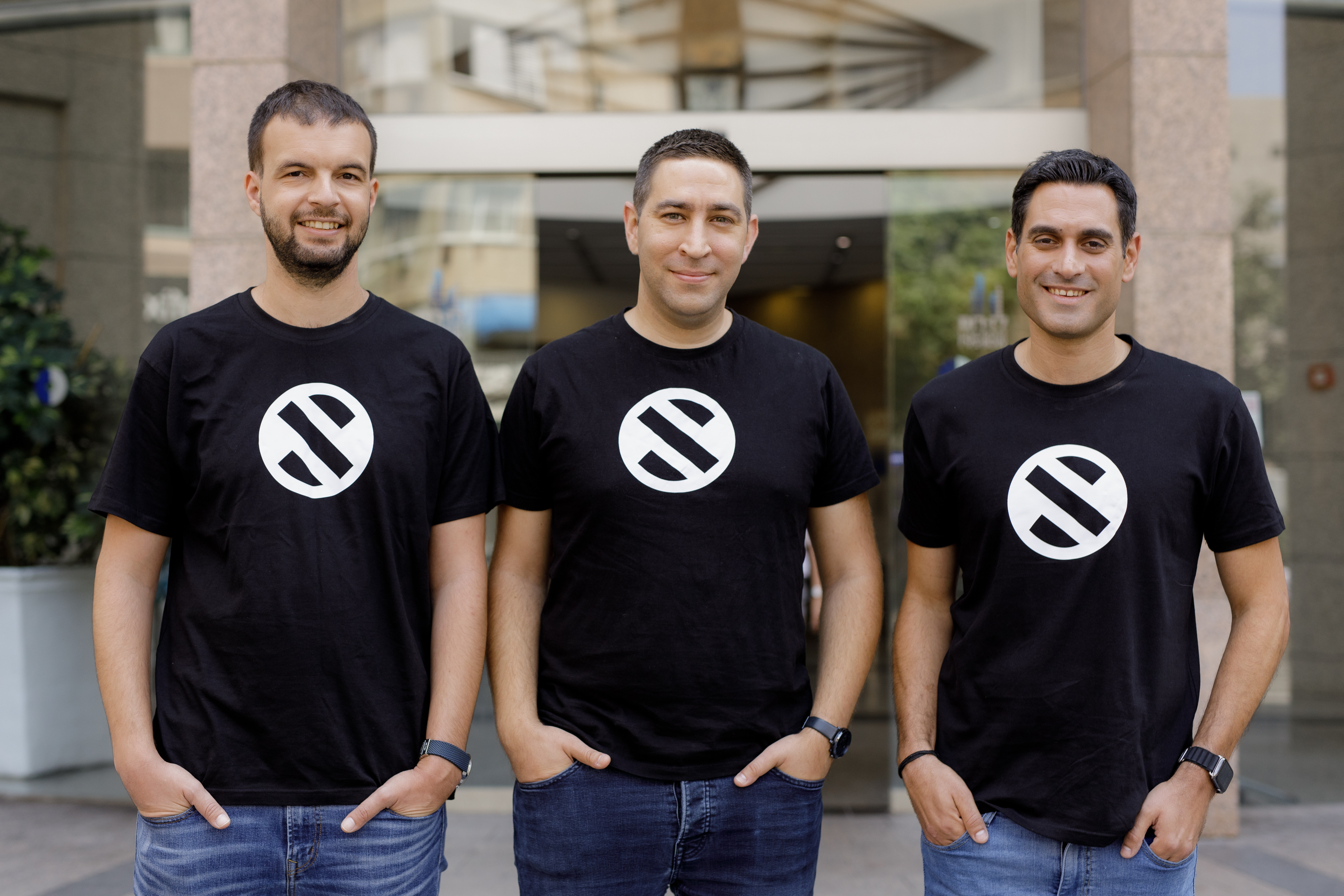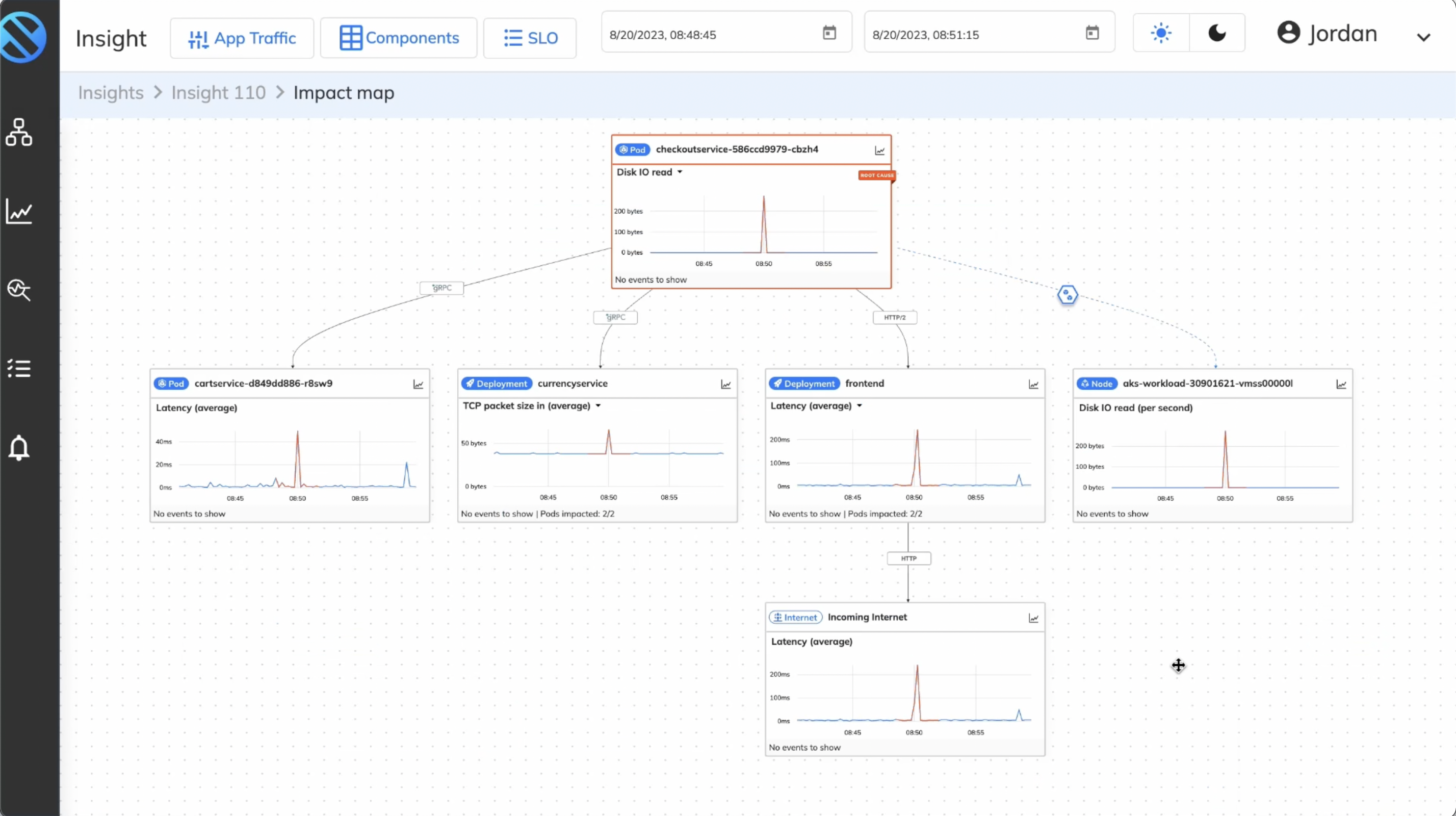Senser describes itself as an AIOps platform that uses machine learning to help developers and ops teams more easily get to the root causes of outages and service degradations. The Tel Aviv-based company today emerged from stealth and announced a $9.5 million seed round led by Eclipse, with participation by Amdocs and other private investors.
At its core, Senser uses the increasingly popular eBPF technology to monitor a company’s infrastructure. The advantage of eBPF is that it runs inside of the Linux kernel and can hence easily see all of the networking and application traffic without any major additional overhead. Given the advantages of this technology, it’s no surprise that a lot of observability companies are betting on it and while the market is getting increasingly saturated, Senser is betting on AI to give it a competitive edge.

As Senser CEO and co-founder Amir Krayden noted, it’s one thing to collect a lot of data, but the real challenge is contextualizing it. “If you take the word observability, which implies something more contextual, can you have cognition about that? That cognition is what interests us: Can we save time by aiding the DevOps team or the site reliability teams with the ability to look at all this data and look for the unknowns that they’re facing? [The teams are] very used to defining dashboards — and eventually, failures happen because people are not very good at defining perfect dashboards,” he explained.
Senser promises to move beyond dashboards and instead give users access to a map of the company’s overall infrastructure, be that virtual machines in the cloud or on-premises, Kubernetes clusters, microservices, etc., with the ability to drill as deep as you need to, with a focus on production environments.
Krayden co-founded Senser with Yuval Lev and Or Sadeh. The three have been friends for 16 years and, as so many Israeli startup founders, served together in the Israel Defense Forces. All three then joined DriveNets, a large, well-funded networking company. The three, who were among the first 10 employees at the company, worked on building telco hardware routers there, with cloud-native technologies on top. Krayden described it as “an unholy matrimony between switches and Kubernetes” — and, unsurprisingly, debugging those complex systems was difficult with the available tools.

The three always knew that eventually, they wanted to start their own company — something DriveNets CEO Ido Susan, who also later invested in Senser, also supported. “We knew we wanted to start our own product company or startup and then, after roughly six years [at DriveNets], there was an opportunity for starting Senser and nail into a thing that hurt us so much that we said we must do something,” Lev said.
The promise of Senser is that it will make the lives of ops teams significantly easier and reduce alert fatigue. “Essentially, with existing tools, you will be alerted for every anomaly in the system,” Krayden explained. “In a distributed system you’re getting alerted for a lot of things. Our view is that you don’t need to get alerted for a symptom, you need to get alerted about a system event.” Ideally then, whenever you get an alert from Senser, the company’s systems will tell you why you should care and what went wrong. The service then allows the user to trace how Senser itself drew those conclusions and Krayden argued that explainability is maybe the most important part of this.

“Industrial 4.0 apps — such as warehouse automation or robotics — and outdoor mapping apps like drones must run reliably on both clients and edge locations in order to power the foundation of physical industries,” said Lior Susan, founding partner of Eclipse. “Through the underlying use of eBPF and machine learning, Senser is ensuring these apps are performing at the highest levels, while solving problems — like the staggering cost of configuration and maintenance, and the lack of useful insights — in a unique way.”
Senser currently has 17 employees and is growing quickly. Unlike many other seed-stage companies, Senser is already hiring for a number of marketing functions — mostly in the United States. “I think it is part of this era in the market. Marketing is becoming much more important. It’s becoming a much larger part of this game in not only being able to have a good product but being able to tell a story and show the world what you’re doing — and do that early,” said Krayden.































Comment